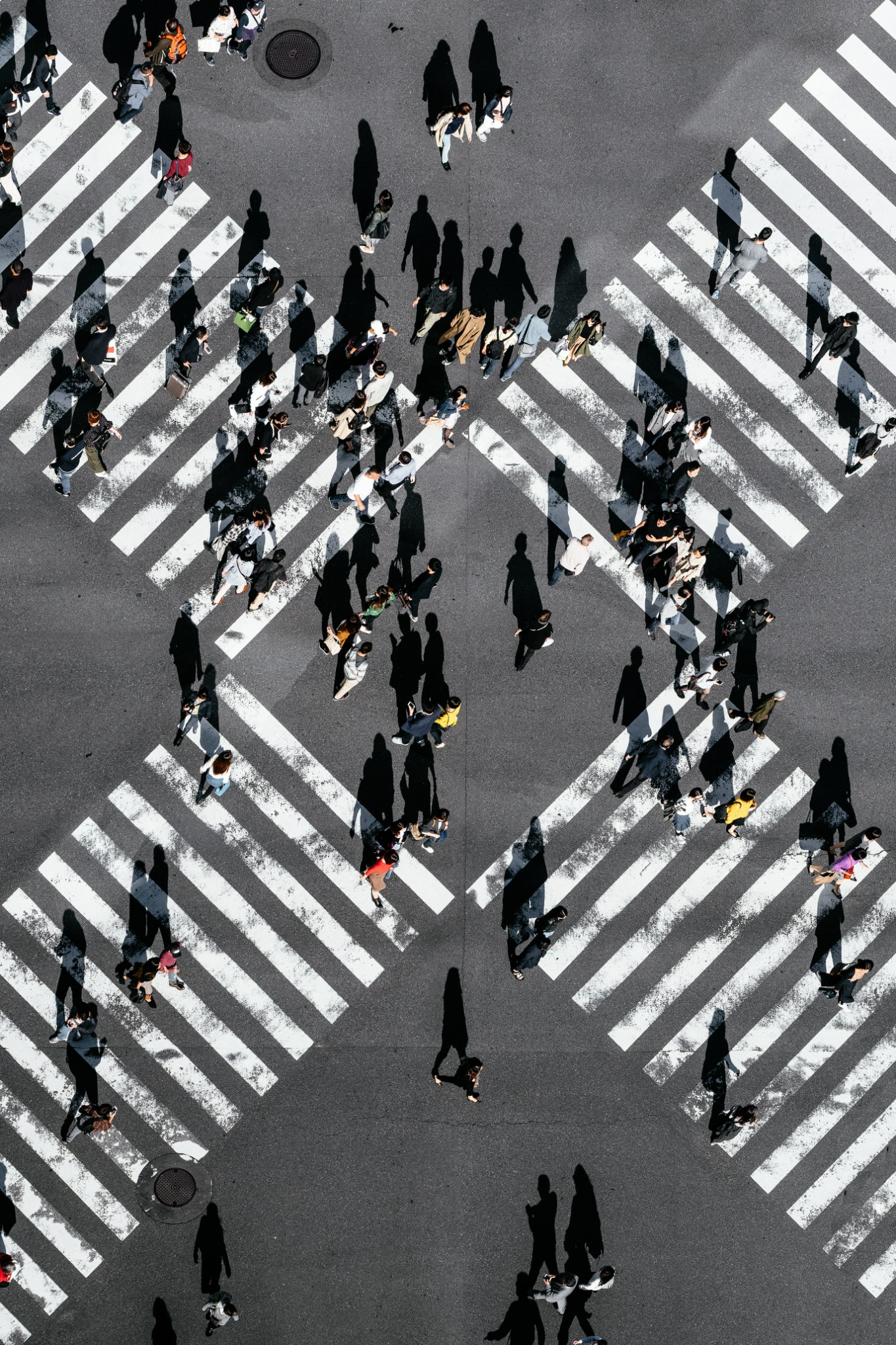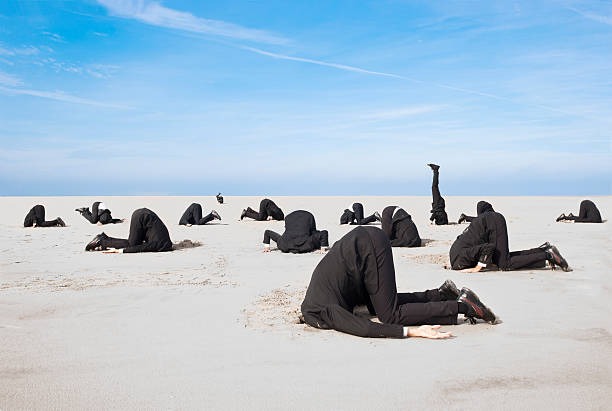The biggest problem in the world today

Last year, I was completing an application form where I was asked: What do you think is the biggest problem facing the world today? I reflected on this question for a few seconds, wrecking my brain to conjure up an answer that would make my application unique. Was it starvation, war, global warming, natural disasters, cancer? No, these answers seemed too commonplace. But then I got it. I found an answer which was not only slightly more insightful, but also very much a genuine reflection of my outlook on the world as a lover of social sciences.

In my opinion, the biggest problem in today’s world by a long mile is ignorance. A while back, with a less mature mentality, I thought that the biggest problem in the world was war. Then I would wonder what the primary cause of war is, because surely, if the human race could pinpoint that, then we could eradicate war, then in turn eradicate everything that was wrong in the world today. Seemed straightforward enough, right? Was it money, environmental issues, racism, religion?
Many argue that religion is the greatest cause of war, e.g. famous American stand-up comedian and social critic, George Carlin stated, “More people have been killed in the name of God than for any other reason”. For years I went on agreeing with this theory, agreeing that religion was the greatest cause of war, and therefore, the cause of all things negative in this world: poverty, hunger, disease, destruction. However, as I began to grow mentally and spiritually, not just as an individual but also as a Christian, I began to really question why there was so much evil in this world – not just pain and negativity, but plain evil. That’s when I realised, the answer to this question was much greater than religion, money, or any form of suffering in this world. It was the growing black wall in our minds that I call ‘ignorance‘.
Ignorance – the lack of knowledge or information. This is Google’s definition of ignorance, however, mine is slightly more complex. To me, ignorance is the unwillingness to comprehend one’s choices and lifestyle, and to empathise with one’s feelings and emotions. It is the lack of compassion and humanitarianism. I describe ignorance as a ‘black wall’ because it is something which clouds our sense of judgement and tampers with our moral compass. It blinds us to all things great. For instance, religion, in my opinion, is probably the single most beautiful construct in the world. The fact that a collective of people can be unified with a single, harmonious belief is heart-warming; a belief which gives them the strength to endure all the evil and sufferings of the world. Of course, one could argue, as Karl Marx did, that religion blinds the less privileged and justifies social inequality, etc. As valid as this argument is, religion nevertheless acts primarily as a means of uniting individuals under a shared value consensus and belief system. Yet, ignorance makes an enemy of this function. It creates a gruesome image out of such a pure concept. A prime example of this is the degree of Islamaphobia that exists in the western world today. Islamaphobia is the dislike of or prejudice against Islam – a religion which promotes peace, love and charity. It blackens the light which Islam reflects, hence, my description of ignorance as black. This is not to say that every religion is perfect, because we all know that it is not the case. Instead, it is simply a defence against those that generalise a whole group of believers and their religion, categorising them as evil, instead of distinguishing the evil actions of some individuals from the religion and the collective themselves.
Another feature of ignorance is not just the hatred it breeds, but also, its contagion – its ability to spread itself across masses and plague generations of people. I described it as a ‘growing’ black wall because ignorance is a process. Humans become prejudiced through socialisation. We are not born prejudiced. Is a white baby born hating black babies? Is a Christian baby born hating Muslim babies? And vice versa? Surely not. Society’s ignorance is indoctrinated into our minds throughout our lifetime, from childhood up until the day we leave this earth. This probably explains why people’s views become more and more rigid and inflexible as they age. Our brains are like sponges, absorbing the hatred that exists around us without questioning it, unless we actively defy this process, of course.
If we want to become less ignorant people, we must identify the common denominator between each and every one of us: humanity. We must begin to value each other as human beings first, before we see skin colour, before we acknowledge one’s religion or gender, before we notice their disability and before we comment on their sexual orientation.
Every single day should be a battle – a battle against our unconscious biases. A struggle to rid ourselves of ignorance. An opportunity to learn and grow. Realistically speaking, this doesn’t mean that we won’t make mistakes anymore, or have our prejudices. Of course we will. We’re only human. And that’s just it. Acknowledging that we are only human is the first step of a long process of rebuking ignorance and saying “Yes” to personal growth. After all, as the Greek philosopher Socrates declared, “True knowledge exists in knowing that you know nothing”. Now, imagine a world where we all practised such humility.
Post a comment